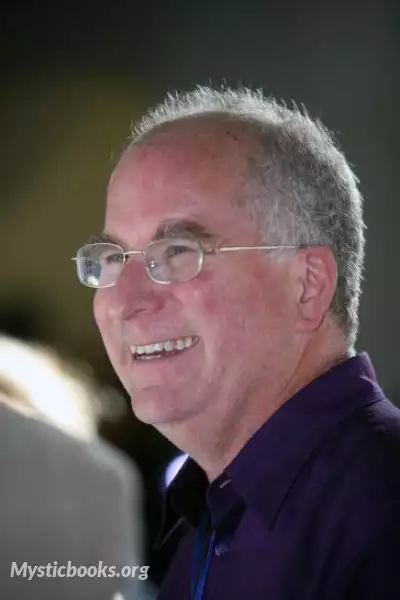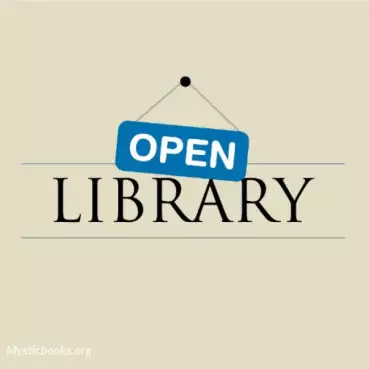
Timeline
Title
Country/Nationality
Brewster Kahle
Kahle was born in New York City and raised in Scarsdale, New York, the son of Margaret Mary (Lurton) and Robert Vinton Kahle, a mechanical engineer. He went to Scarsdale High School. He graduated from the Massachusetts Institute of Technology in 1982 with a Bachelor of Science in computer science and engineering, where he was a member of the Chi Phi Fraternity. The emphasis of his studies was artificial intelligence; he studied under Marvin Minsky and W. Daniel Hillis.
After graduation, he joined Thinking Machines team, where he was the lead engineer on the company's main product, the Connection Machine, for six years (1983–1989). There, he and others developed the WAIS system, the first Internet distributed search and document retrieval system, a precursor to the World Wide Web. In 1992, he co-founded, with Bruce Gilliat, WAIS, Inc. (sold to AOL in 1995 for $15 million), and, in 1996, Alexa Internet (sold to Amazon.com in 1999). At the same time as he started Alexa, he founded the Internet Archive, which he continues to direct. In 2001, he implemented the Wayback Machine, which allows public access to the World Wide Web archive that the Internet Archive has been gathering since 1996. Kahle was inspired to create the Wayback Machine after visiting the offices of Alta Vista, where he was struck by the immensity of the task being undertaken and achieved: to store and index everything that was on the Web. Kahle states: "I was standing there, looking at this machine that was the size of five or six Coke machines, and there was an 'aha moment' that said, 'You can do everything.
n 1997, Kahle explained that apart from the value for historians' use of these digital archives, they might also help resolve some common infrastructure complaints about the Internet, such as adding reliability to "404 Document not found" errors, contextualizing information to make it more trustworthy, and maintaining navigation to aid in finding related content. Kahle also explained the importance of packaging enough meta-data (information about the information) into the archive, since it is unknown what future researchers will be interested in, and that it might be more problematic to find data than to preserve it.
Knowledge lives in lots of different forms over time," Kahle said in 2011. "First it was in people's memories, then it was in manuscripts, then printed books, then microfilm, CD-ROMs, now on the digital internet. Each one of these generations is very important." Voicing a strong reaction to the idea of books simply being thrown away, and inspired by the Svalbard Global Seed Vault, Kahle envisioned collecting one physical copy of every book ever published. "We're not going to get there, but that's our goal," he said. "We want to see books live forever." Pointing out that even digital books have a physical home on a hard drive somewhere, he sees saving the physical artifacts of information storage as a way to hedge against the uncertainty of the future. (Alongside the books, Kahle plans to store the Internet Archive's old servers, which were replaced in 2010.) He began by having conventional shipping containers modified as climate-controlled storage units. Each container can hold about 40,000 volumes, the size of a branch library. As of 2011, Kahle had gathered about 500,000 books. He thinks the warehouse is large enough to hold about a million titles, with each one given a barcode that identifies the cardboard box, pallet and shipping container in which it resides. A given book may be retrieved in about an hour, not to be loaned out but to be used to verify contents recorded in another medium. Book preservation experts commented he'll have to contend with vermin and about a century's worth of books printed on wood pulp paper that disintegrates over time because of its own acidity. Peter Hanff, deputy director of UC Berkeley's Bancroft Library, said that just keeping the books on the west coast of the US will save them from the climate fluctuations that are the norm in other parts of the country.
Books by Brewster Kahle

The Open Library
Open Library is an online project intended to create "one web page for every book ever published". Created by Aaron Swartz, Brewster Kahle, Alexis Rossi, Anand Chitipothu,[6] and Rebecca Malamud, Open Library is a project of the Internet Archive, a n...